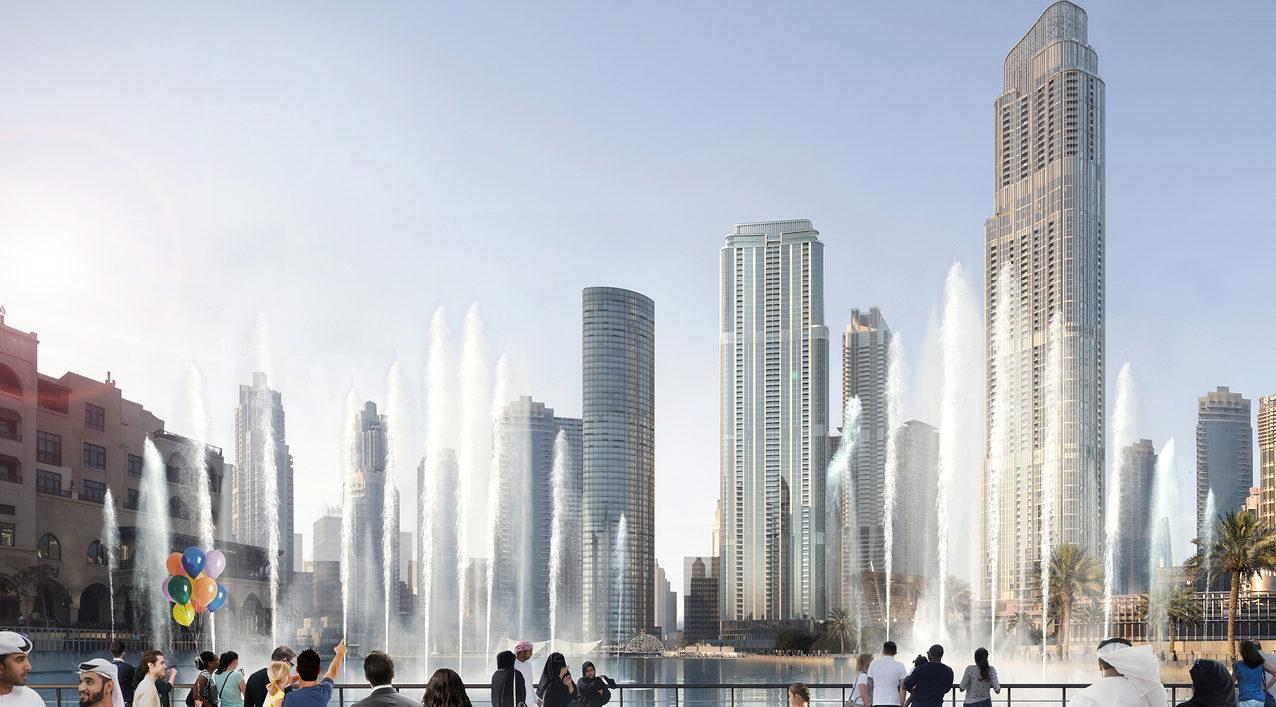Mentoring, vision and thought leadership with Sushma Panikker Ceasar
Contributors are not employed, compensated or governed by TD, opinions and statements are from the contributor directly


Sushma Panikker Ceasar is an expert in leadership development and talent management. She is speaking at our event on the 21 September at the TD HR Executive Summit. I spoke to her about the media, mentoring and more:
Background
 I was not part of HR to begin with; I have had two parts to my career. One part of my career was in media and entertainment at an events management company called Wizzcraft.
I was not part of HR to begin with; I have had two parts to my career. One part of my career was in media and entertainment at an events management company called Wizzcraft.
Most people in India know of it because they do a lot of big concerts – I got to meet Michael Jackson, Sting and Def Leppard.
I think my HR career started was when somebody said to me, ‘You’ve lived in so many countries, what do you think about doing cultural sensitivity development?’. At this point in time, about 15 or 18 years ago when India was opening up to the world, people had to learn to deal with different nationalities so I thought I could do that.
After that, I moved to [corporate IT company] Whitpro and I started doing soft skills training. I had completely pivoted from the person who at the start of her career was always in the HR office for the wrong reasons! I had moved from media where there was no dress code.

In one of the first weeks at Whitpro, I was called in by HR because my dress sense looked more like I was going clubbing than going to the office! The woman was trying to coach me so she asked, ‘What do you think the participants are thinking?’ I said, ‘At least they are paying attention!’ I was the most non-HR HR person.
My managers’ response was what inspired me to get into leadership development. One of my managers at the time was a man who was 5-foot tall but he had a 10-foot presence.
“We are not telling you to change everything, just change 10%”
He could see I was upset and asked what was the matter. I burst into tears and said the HR girl was telling me how to dress. He just listened to me for 30 minutes and then said, “Sush, you are really good at what you do you and we really want you here. We are not telling you to change everything, just change 10%.” That was just another example of a great leader I have been very fortunate to have.
From Whitpro, I ended up in Dubai at Emirates with the leadership development team. Airlines are extremely compliance-oriented and so safety becomes part of the whole company culture. Anyone that meets me will know that I’m extremely low on compliance!
Whitpro focused a lot on innovation and creativity; with Emirates, it was very different in that it was a lot more logical and process-oriented. There were more robustness and instructional design.
Emaar
After Emirates was Emaar Hospitality Group. For example, I was involved in the project the World’s Greatest Hospitality Talent. The programme is about forwarding the industry and tapping into this millennial generation; even when people were applying for the programme, they were sending video auditions.
“Can we spot emerging talent in this space?”
We looked around the world and said, ‘Can we spot emerging talent in this space; can we develop them and even fast-track their development?’ There were 10 people selected; all of them would get something from it but one of them would be taken through an MBA-style programme.
Apart from the academic programme, they would get to be part of really exciting projects that happened with Emaar and then at the end of the year they would be working with very senior people such as Olivier Harnisch, the CEO.

Olivier’s big passion tapping into the power of technology and combining that with the warmth of hospitality so we were looking for people that would be able to do that.
Thoughtful thought leadership
The leadership at Emaar has real vision and are open to new things.
That’s what thought leadership is about; the experience for me was amazing as they allowed me to try out my ideas. They allowed me to be a thought leader.
I was with them for five years we did some really exciting projects. In terms of developing thought leadership, we have a programme called Inspiriators which includes our executive committee acting as speakers and mentors.
Our most senior people not only take their expertise and apply it at work but share it larger forums, so they not only grow their teams or their hotel but also the organisation and the industry.
 We had about 100 key executive leaders attend the launch, which was on the 112th floor of the tallest building in the world, Burj Khalifa. We did a prototype with the GM of the Armani Hotel and the GM of Marina and others.
We had about 100 key executive leaders attend the launch, which was on the 112th floor of the tallest building in the world, Burj Khalifa. We did a prototype with the GM of the Armani Hotel and the GM of Marina and others.
They would be delivering the ‘seven habits’ and speaking at conferences, so growing beyond just their teams. These people talk about how it accelerated their growth – we have seen their engagement figures spiking.
The art of mentoring
We signed up with a company called the Art of Mentoring and they have a platform that matches mentors and mentees, based on competency. If people pick their own mentors everyone wants to pick a CEO or a GM but for us, it’s more about the skills you want to develop.
“One of the biggest mistakes with mentoring programmes is that people let it run indefinitely”
When we adopted the matching platform it removes the subjectivity and everyone was really happy with their mentor. One of the biggest mistakes with mentoring programmes that people let it run indefinitely but you have to have a start, middle and end and you need goals in mind.
With the programme, we had not only the [offline] structure but we had online modules, including how to be a good mentor and mentee and how to keep these relationships on track. The system would send out regular reminders with their meetings and their development plans included. Technology really changes the way we learn and grow.


Comments are closed.